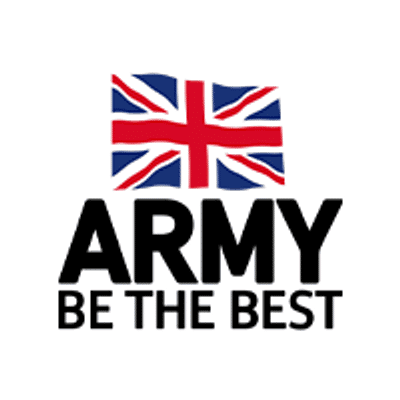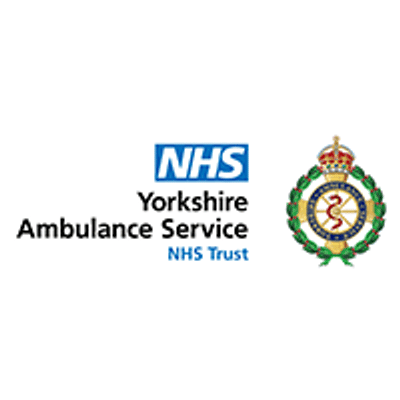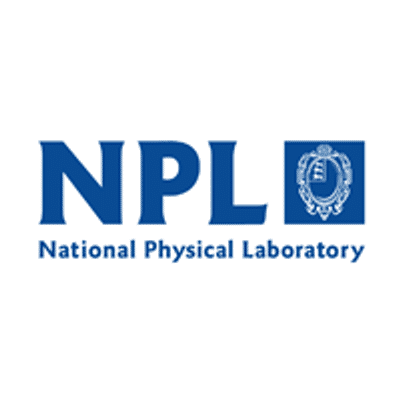
A Guide to Science and Research Careers
Think science is all about lab coats and textbooks? There's so much more to discover. Scientists work across industries you probably interact with daily, from battling climate change to developing the medicines we take.
It’s an exciting career which could see you be the first to discover something new or be part of projects that matter. The best thing is whether you're drawn to environmental work, medical research or developing new technologies, there’s a path for you.

What is science and research?
The science and research industry is huge. Over 9 million people work within the STEM field, and that’s only going to grow the more we develop.
Think of the industry as a network where researchers, lab technicians, data analysts and field scientists work together to solve real problems. It’s also super diverse.
You could find yourself working on life-saving medication, exploring the deep seas for marine life or even finding ways to grow food in space. Here are some branches of science and research you could have a career in:
MEDICAL AND HEALTH SCIENCES
Care about people? This branch is all about how we understand, maintain and improve human health.
ENVIRONMENTAL SCIENCE
If you’ve ever wanted to know about how nature works, the impact humans have on the environment and how we can preserve it, this field is for you.
FORENSIC SCIENCE
Love CSI? Here you’ll use science to help in criminal investigations. You could work on cases that include analysing handwriting or bodily fluids.
AGRICULTURAL SCIENCE
You’ll spend your time finding smart and sustainable ways of growing plants and rearing animals to better take care of humans and the Earth.
There are many more! Read on for more in-depth information.
Is science and research a good career?
It absolutely can be. Science and research is so much more accessible than you might think.
There are so many different paths you can explore. You’re not just working in labs (some roles don’t even need you to work in one), you’re out in the field, you could work internationally and in environments you never thought were possible.
You don’t have to be a MENSA member to become a scientist, either. You need passion, a real willingness to learn and genuine interest in helping others and the world around us.
Working in the science and research industry can be extremely rewarding and can pay really well (we’ll get onto that later). You’re constantly learning and actively contributing to making a real difference in our society and world.
How do I get a job in science and research?
The best way to kickstart your career in science and research is with work experience. No matter where you are in your educational journey - whether that’s school, university or even if you’re about to graduate - there’s a path just for you.
Click to find out more about each path:

Biology Internships
There are so many career paths to go down with biology including botany, pharmacology, veterinary, marine and food science. Each of which begins with an internship.

Chemistry Internships
Chemistry internships give you the opportunity to get science work experience on your CV before you graduate. Read our guide to find out how to apply for one.

Environmental Internships
Want to make a difference? Tackle the climate emergency head on and make the world a better place for all to live? Environmental internships are a great first step to creating that brighter future.

Forensic Science Internships
Want to get ahead? Secure a forensic science internship. Find out which companies to apply to, how much you could earn and where a career in science could take you

Occupational Therapy Apprenticeships
Do you like helping people? Want to make a difference to those struggling to look after themselves? Read our guide on occupational therapy apprenticeships to learn how they work.

Pharmaceutical Apprenticeships
Pharmaceutical apprenticeships let you start a career in the sciences from age 16. Find out the qualifications you need, who you could work for and how to apply

Analytical and Physical Science Placement Student LubrizolI have learnt/improved many important skills. I have learnt new laboratory techniques and been trained on equipment I had not used or seen before. I have also developed non-lab skills such as presenting, effective communication, time-management and collaborating across groups of people
Get the real on what science and research work experience is like. We have thousands of reviews for you to get into.
Who are the best employers in science and research?
From tech giants to local startups, companies everywhere are actively hunting for young talent like you to join their teams. Here are some of top employers in research and science right now:
How much could I earn in the science and research field?
That all depends on where you are on your career journey. If you’re just starting out or about to embark on work experience you could earn anywhere between £15,000 and £24,000 per year. Here’s a full breakdown:
There’s so much earning potential once you’ve moved on from work experience. Science and research graduate roles can offer a very decent pay package.
Once you’re fully qualified you could start earning between £28,000 and £35,000 per year. You could earn around £90,000 per year the more experienced you become within your field.
What science careers can you go into?
The science and research industry is massive, so there’s opportunities to specialise in whatever interests you. One of the best bits about the industry is that there’s often overlap between various fields and that could mean working on projects that could see you work alongside other types of scientists.
Here are some of the roles you could do:
Do you enjoy problem-solving and uncovering truths? You could work as a forensic scientist, research scientist, or clinical research associate
Passionate about the environment and the planet? Environmental scientist, conservation biologist, or sustainability consultant
Want to work with innovative tech? Think about a career as a data scientist, bioinformatics specialist, or laboratory technician
If you love helping others, you could become a clinical researcher, occupational therapist, or public health analyst
Or if you're fascinated by how things work, becoming a quality control analyst, science technician, or pharmaceutical researcher could be for you.
Ready to discover where work experience in science and research can take you? Scroll below to get started.






























_logo_small_btnwipxt8jlkqbtk.jpg)


